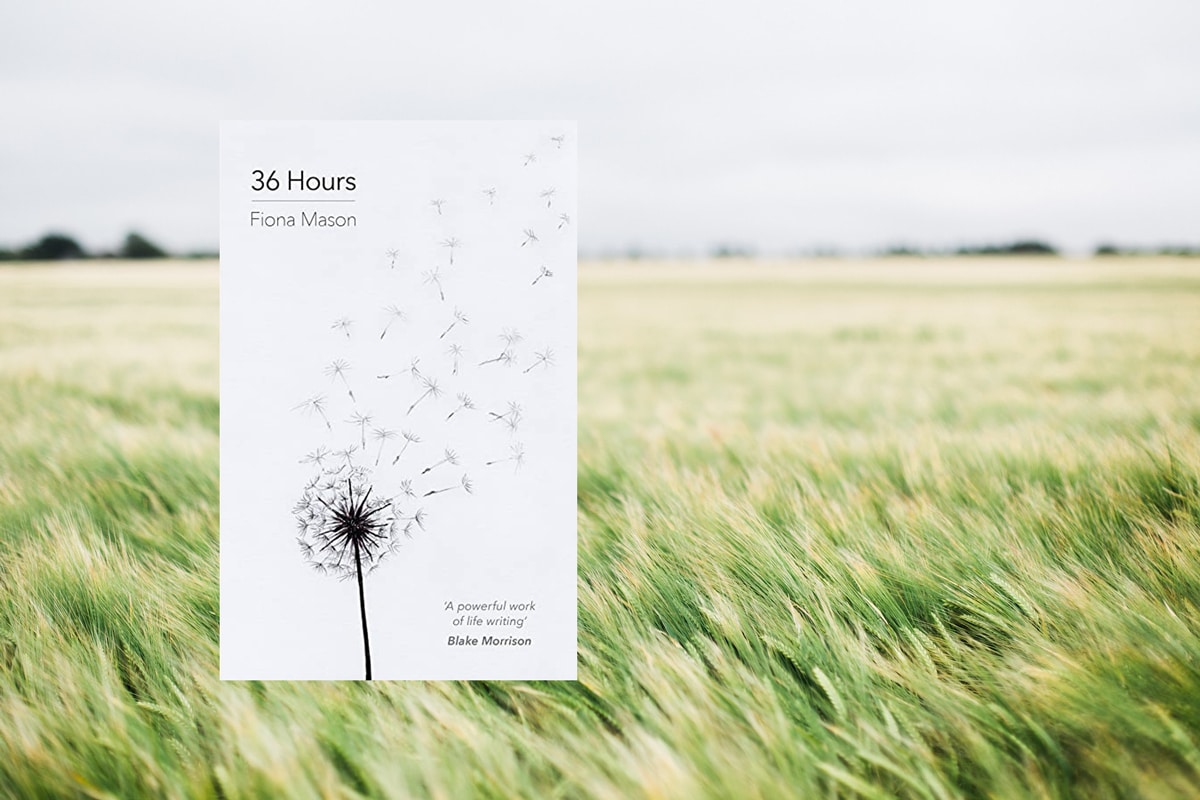 Karen Chumbley is a GP and the Clinical Lead for End of Life Care for Suffolk and North East Essex Integrated Care System.
Karen Chumbley is a GP and the Clinical Lead for End of Life Care for Suffolk and North East Essex Integrated Care System.
‘Last night, after the three hours it took to get to the toilet and back, to change the bed, to negotiate the medication, he told me I’m very irritating.’
Dying at home or in a preferred place is considered a quality marker of end-of-life care. Fiona Mason’s reflection on the last 36 hours of her husband’s life challenges us to reconsider using this as an isolated measure as we accompany her through her experience and that of her husband, Michael.
Michael had requested to die at home, but more significantly had asked that Fiona keep the news of his illness restricted to immediate family only. Hour by hour this well-drawn and intimate account brings us along with Fiona to experience the repercussions of these decisions and the loneliness of solitary care for the dying.
“Hour by hour this well-drawn and intimate account brings us along with Fiona to experience … the loneliness of solitary care for the dying.”
The claustrophobia of the caring experience is palpable, restricted for weeks to the triangle of the supermarket, the pharmacy, and home, shrunk further in this last day of life to the kitchen, the front room, and the bathroom.
Fiona describes the history of their marriage and its untimely ending through the fabric of her house into which their relationship has been imprinted. Cancer and its accruements have invaded this space, the syringe pump in a treasured woven bag, clinical paraphernalia in the bathroom basket, and the hospital bed with its noise and chilly slipperiness dominating the front room, the blinds closed for privacy and exclusion.
It is striking how isolated Fiona is despite a significant number of home visits from community and hospice staff. These visits targeted Michael’s needs for care and symptom control but were hollow of compassion for Fiona as wife and carer. She asks herself when hospice at home will begin, but we can see from the services that they are receiving that it has, in fact, begun, and what she is not experiencing is the comfort of support and compassion that are associated with the term hospice. In this, the hospice failed her.
The course of the illness has run over nearly a year but despite the grave prognosis and Michael’s gradual decline, they are unprepared for dying. The communication from clinicians is brusque, dismissive, and laden with euphemisms. Michael is ‘poorly’ but no one talks of the imminence of dying and what to expect.
The seclusion of death within our culture in hospitals and hospices has left them without a social script to follow. Fiona describes her feelings of overwhelming responsibility combined with bewilderment that leave her unprepared and poorly informed to cope with the distress of managing Michael’s terminal agitation.
“It is striking how isolated Fiona is despite a significant number of home visits from community and hospice staff.”
Since the 2008 End of Life Care Strategy was launched there has been a welcome focus on proactive support for people and their carers in the last phase of life, enabling people to die at home if they wish. This poignant book reminds us of the importance of this work and how we need not only clinical services but compassionate communication and holistic support for the person and those who care for them embedded within a well-informed community network for this to be possible.
Clinical services alone cannot answer the needs of families such as Fiona’s. Dying is a social, as well as a personal, experience; the exclusion of friends and family can heighten the isolation and sense of personal responsibility for care until it is overwhelming and can leave loved ones exhausted and traumatised.
This short, eloquent book can be read in one sitting and draws you to experience the intensity of these hours alongside Fiona and Michael. It has something to teach us as clinicians about the importance of compassion and empowerment in our communication, as service leaders about embedding holistic care for the person and their carer into each encounter, and as members of our community to allow our loved ones to be supported by and also, in turn, to provide care for our friends and neighbours at this most vital time.
Featured book: Fiona Mason, 36 Hours, Word After Word Press, 2022, PB, 192pp, £7.43, 978-1916165526
Featured photo by Bruno Martins on Unsplash.







Thank you. Dying, like living, so easily becomes medicalised.
[…] Book review: 36 Hours Posted in 36 hours, Life Writing 36 hoursBritish Journal of General Practicelife-writing […]